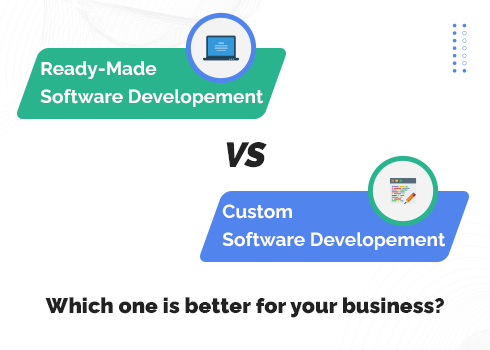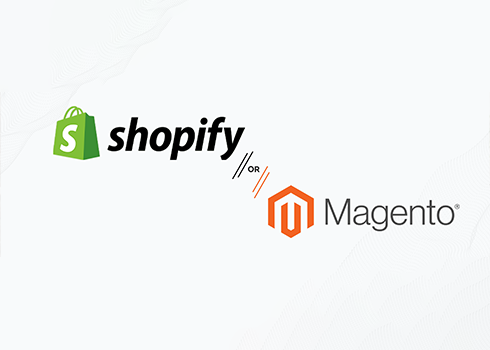Shopify or Magento: the better platform for e-commerce
As the 21st century unfolds, with unprecedented events such as the outbreak of COVID-19, e-commerce finds itself increasingly replacing traditional commercial channels for big brands and household operations alike.
Artisans and entrepreneurs can use the comfort of their own homes to create and sell the products that they desire. At the heart of their operations lies an e-commerce platform where customers can interact with the brand and purchase their merchandise. Two of the most popular platforms on the market include Shopify and Magento.

Shopify is an easy-to-use solution for building online stores. You pay a monthly fee, and it’s capable of supporting both fledgling and high-volume businesses. Magento, on the other hand, is an open-source platform which, like WordPress, is free to install on your computer. All you have to pay for is web hosting, security and extensions. If you are someone who cannot code, Shopify is the platform that you should choose to build your website.
Since Magento is an open-source platform, the support available to users is in the form of user-run forum. Whereas, Shopify offers 24/7 support on-hand. Research suggests that Shopify rates higher than Magento, which is more suitable for enterprise-level solutions. However, the SEO features available on Magento are far more than those available on Shopify.

Apart from the ease-of-use, Shopify has numerous others benefits. It enables multi-channel selling which means that your Shopify store can be integrated with platforms like Fecebook, Instagram, Amazon, and eBay. Furthermore, there are more than 70 mobile responsive themes to give you the store that you desire, with the features and functionalities that you seek. The Shopify app store is a treasure of applications used for various functionalities; new applications are launched consistently to address the ever-evolving needs of an e-commerce store.
The downside to the platform in comparison to Magento is that unless you use Shopify Payments, there will be a fee on each transaction. Apps catering to the nuanced demands of your brand might be paid which will add to the total cost of developing the store.
Magento, albeit more complicated, has advantages of its own. The widespread user community ensures that no matter what problem you encounter during development, an answer will be available to help you out. It is also a very flexible platform that places little to no limitations on the way you can design your store. If you belong to an enterprise that can afford to hire its own development team and is not concerned with the ease-of-use of the platform, Magento is a reliable solution for you.
The e-commerce industry is empowering small and medium business owners to establish their own space and conduct their businesses outside the limitations of brick-and-mortar. An easy-to-use platform such as Shopify is a more suitable option for a higher chunk of the market.

























